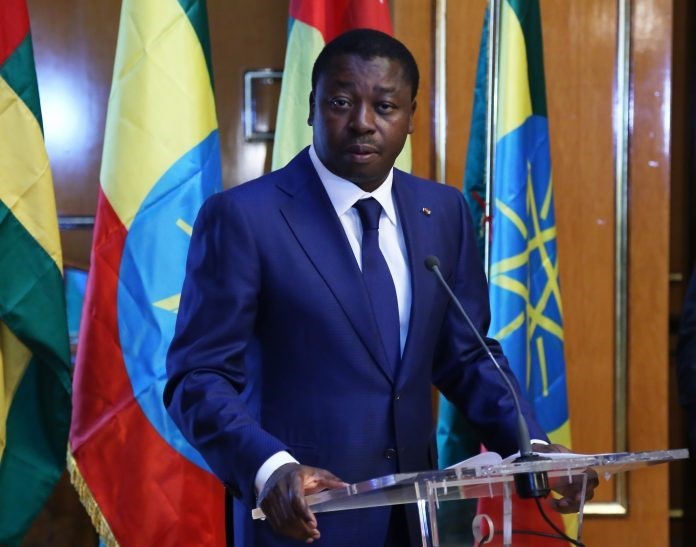They’ve been here before. Nothing has changed.
On September 25, an announcement was made in Togo that would, in any other country, send shockwaves both within and outside. The Prime Minister Selom Klassou and his government tendered their resignation, paving the way for a new team to take over.
Then another announcement came on September 28. Despite being ‘historic’, most people barely battered an eyelid. President Faure Gnassingbe named the first-ever female prime minister to head the government in the West African nation.
Many were however quick to point out that there was nothing really historic about Prime Minister-designate Victoire Tomegah Dogbe. A close ally of the president who has served as his chief-of-staff since 2009 and held several ministerial positions since 2008, including recently that of development minister, and also chief of staff of the president’s office.
Seybou Afoutou, a mechanic in the capital Lome wasn’t even interested, leave alone, astonished by both news headlines. He is young, just 28 years old. Crucially, he’s seen these moves before.
But Afoutou isn’t the only Togolese with the same thoughts. Last year saw the largest protests in the country’s history as millions took to the streets demanding an end to long time President Faure Gnassingbe’s rule.
President Gnassingbe has governed the country for 15 years, and he was re-elected in February, in an election that human rights groups and elections observers say was “flawed”.
For Togolese activists like David Akakpo, Gnassingbe has been in power for more than 15 years, since his father took over the presidency in a 1967 coup.
Togo’s economy has slowly grown over those years, unlike its neighbors Ghana and Benin. As such, frustration has been building in the streets, with unemployment standing at 56%, and 78% of the 8 million population are under the age of 35 years.
The new government’s appointment this time round is a move by the President to start a fresh. Or so look like starting a fresh. Many citizens don’t believe it. They are not interested in what changes he makes unless he steps aside.
And foreign investors think the same way. Foreign direct investment in Togo stood at $52 million in 2019, a far cry from the average $240 million posted by the West African trade body, ECOWAS.
In the international scene, Togo has remained one of the most pro-western nations in Africa as the regime struggles to maintain its grip on power. The West African state also maintains good relations with its former colonial master, France; with sales of weapons between both nations empowering Gnassingbe’s autocratic rule.
Seybou Afoutou and millions of other young Togolese maintain hope that next change to take place in the country will be one that really has meaning on their lives.

